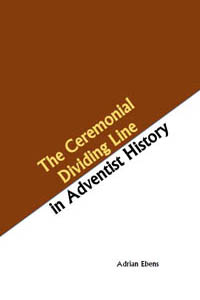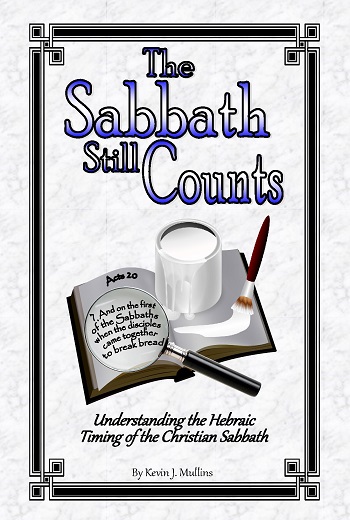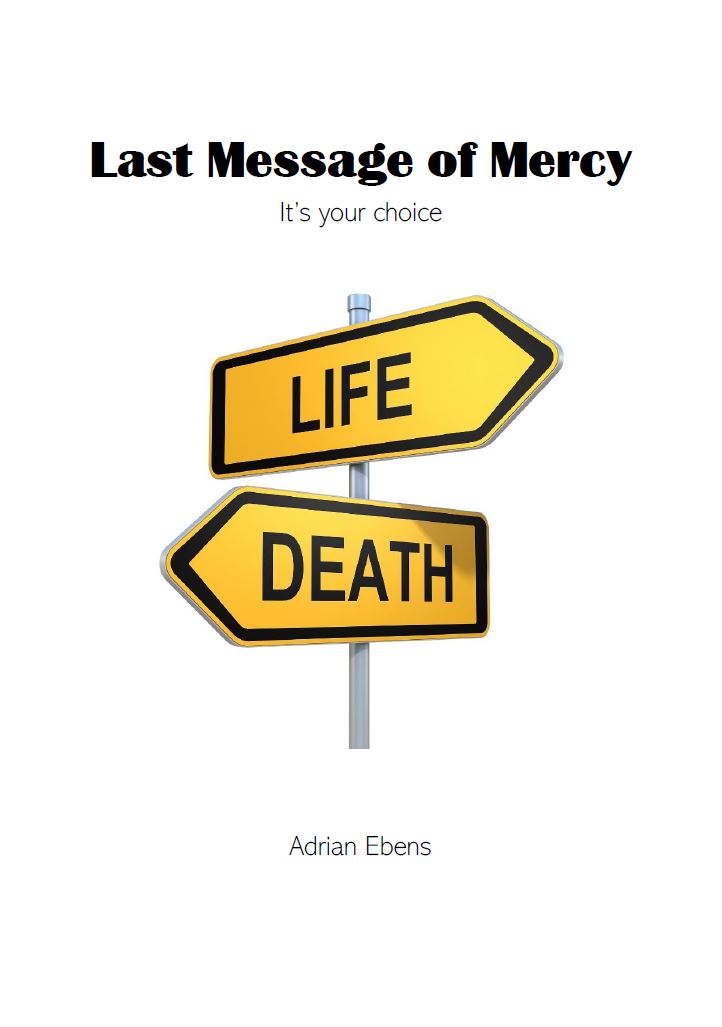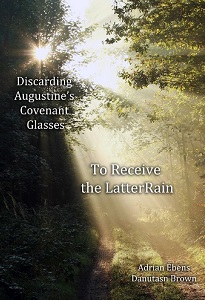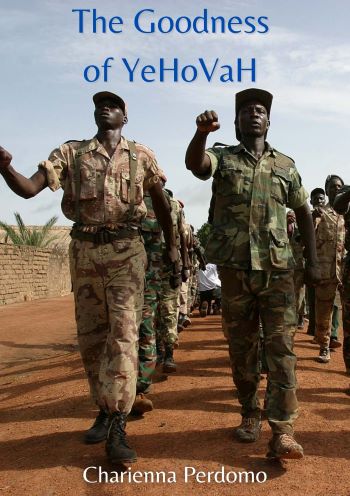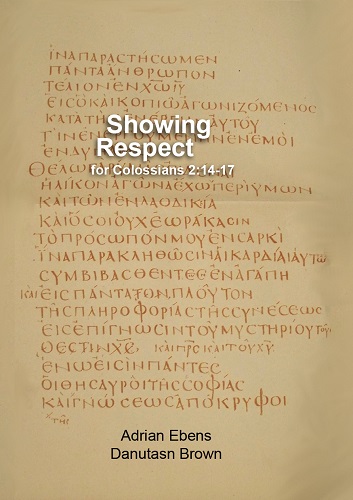
We recommend reading this book first if you have not already.
We recommend this book for further reading.
Updated March 21, 2021
There are some passages in the Bible that occupy a pivotal position in understanding how and when we are to gather together for worship.
The Christian church is almost universal in its belief that Colossians 2:14 to 17 provide the clearest evidence that Paul released the Christian church from observance of the Sabbath, the new moons and the feast days and nailed them to the cross.
Seventh-day Adventists, realising the sacred blessing and responsibility in the Sabbath, have divided the law between the Ten Commandments and the Law of Moses and removed the Sabbath from inclusion in this passage in Colossians. The great problem is that the Greek word for Sabbath used in this passage is exactly the same as the word for seventh-day Sabbath or a Sabbath in relation to a seven day week. Adventists have to plead a special case for one verse as against 68 other verses that point to the Sabbath. If the Sabbath is meant here, then it is included in the list of new moons and feast days that are considered to be shadows of good things to come and are therefore not part of the Christian worship experience.
In this booklet we explore the context of the Colossian Church situation, the use of the Greek word dogma in verse 14, and in verse 16 and 17, the use of supplied words by King James translators and the translation of the Greek word meros to the English word respect that masks the true intent of Paul’s effort to defeat the counsel of the proto-gnostic Christians. It is hoped that this booklet may help to respect the real intention of the apostle Paul in this passage.

